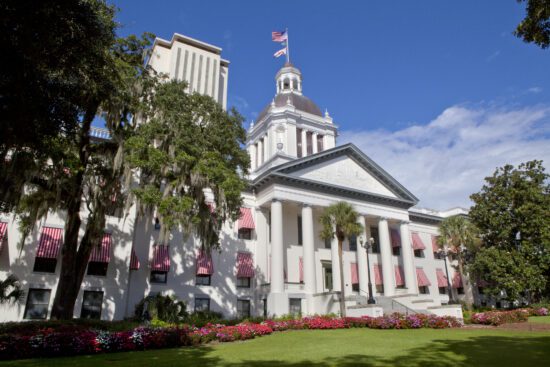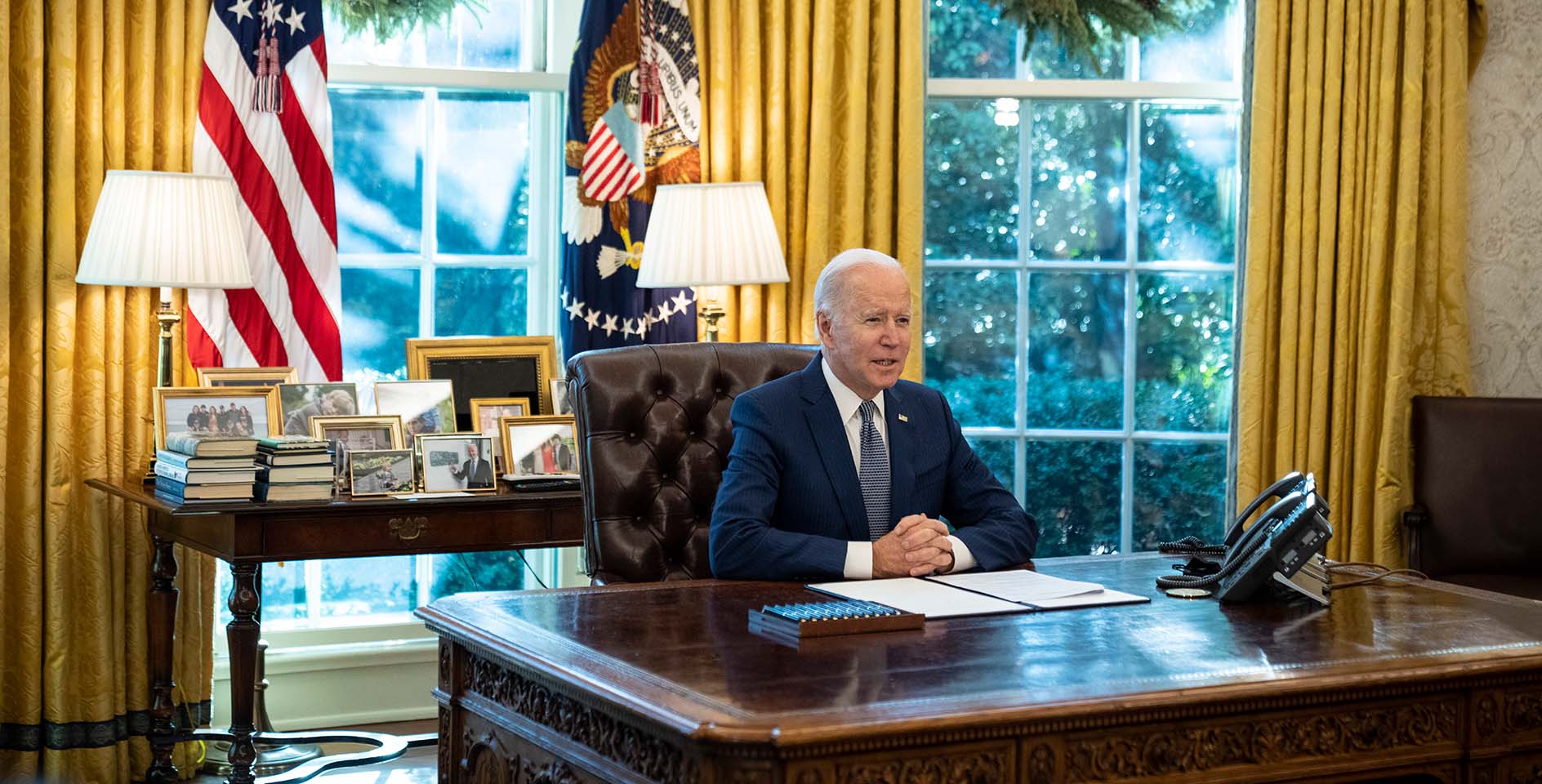We, who are pro-life, are those that value and seek to protect life at all stages, from conception (womb) to natural death (tomb). And as culture has taken particular aim at the womb and the tomb—preborn children and those nearing life’s end—pro-life efforts have risen to the occasion, advocating tirelessly for these vulnerable populations. In many cases, those efforts have been rewarded with growing support and stronger legislation in recognition of the dignity and rights that these persons, who are made in the image of God, possess.
But if we’re not careful, this needed emphasis has the potential to avert our eyes entirely from other life and human dignity issues right in front of us, issues like sex trafficking, racial injustice, or the latest example, highlighted in February by Hannah Dreier of The New York Times, the exploitation of children who’ve migrated to the United States. This is an issue from which we can’t look away.
A bigger problem than we may think
In her investigation, Dreier traveled to seven states, from Alabama to Michigan and Florida to South Dakota, and spoke to more than 100 migrant child workers in 20 states. What she discovered was a problem larger than we may imagine, growing larger by the day.
“The number of unaccompanied minors entering the United States (by definition, these are not children who have “snuck” into the country undetected, as some may suspect) climbed to a high of 130,000 last year — three times what it was five years earlier,” Dreier writes.
The Department of Health and Human Services (HHS), which is “responsible for ensuring sponsors will support [unaccompanied minors] and protect them from trafficking or exploitation,” is being forced to rush through the process of vetting child sponsors in order to move these children quickly out of shelters and release them into the care of adults. While well-intended, HHS caseworkers can’t possibly keep up with the overwhelming demand. And often, these children who’ve entered the country alone, at the risk of their lives, are subjected to gross injustice and exploitation.
Child exploitation findings and statistics
Dreier’s findings are heart-wrenching. “Indentured servitude,” is what Rick Angstman, a teacher that Dreier interviewed in Grand Rapids, Michigan, called it. Alone and undoubtedly afraid, children are regularly pressured by their sponsors—distant relatives or complete strangers—and their circumstances to seek employment to provide income for themselves and their families back home in their country of origin.
When asked about the prevalence of the problem, Doug Gilmer, who is head of the Birmingham, Alabama, office of Homeland Security investigations, said, “We’re encountering it here because we’re looking for it here. It’s happening everywhere.” Here are some of the findings that Dreier’s investigation uncovered:
- The investigation named several major brands and retailers where migrant child workers are employed, including Ford, General Motors, J. Crew, Walmart, Target, Whole Foods, Fruit of the Loom, Ben & Jerry’s, and Hearthside Food Solutions, among others.
- In this investigation alone, it was found that children as young as 12 years old were regularly working shifts in excess of 12 hours in length.
- Often, children are either prevented from attending school by their sponsors or physically unable to do so due to the long overnight hours they work.
- According to H.H.S. case workers, about two-thirds of all unaccompanied migrant children who enter the country end up working full time.
- Migrant child workers regularly incur serious injuries like amputations, and sometimes die, due to occupational hazards, though their deaths are no longer publicly reported as of 2017.
As we can see from the brief list above, child exploitation is not confined to one industry, one part of the country, or one major brand or retailer. It is a problem large in scope and complex in nature. The question before us is: what can we do about it?
What can we do?
The complexity of the problems outlined in Dreier’s reporting is overwhelming. In brief, the unaccompanied children entering the United States are leaving dire and sometimes dangerous circumstances at home, entering a country overwhelmed at its southern border, and, too often, are being placed with sponsors who view them through exploitative lenses. What can we do? Where should we start? The problem feels too big.
As Christians, we wholly oppose the exploitation of anyone, much less children. And as pro-life Christians, we are committed to respecting and protecting the life and dignity of every person, at every stage, and in every condition—born or preborn, male or female, native or immigrant. So, we can at least do what we’ve always done: pray, advocate, and live generously.
Pray
As I’ve said, the problems revealed by this investigation are complicated. And they’re not new. The exploitation of migrant child workers has been occurring for decades, if not centuries. When assessing the problem, we may feel a bit like Jesus’ disciples after they’d failed to free a young boy from the spirit that was tormenting him (Mark 9:14-29).
“Why could we not cast it out?”, they asked Jesus later (v. 28). Maybe we’re asking him a similar question: “Why can’t we solve this problem?” His answer to his disciples then, I suspect, applies to this problem now. “This kind cannot be driven out”—this problem cannot be solved—”by anything but prayer” (v. 29). The problem before us will not be solved unless the people of God pray.
Advocate
Prayer is where we begin, and it’s something we are to do epeatedly. But it’s not all we’re called to do. One of the privileges of living in this country is that we have the opportunity to pair our prayers with political action.
Christians in America have a long track record of exercising our rights on behalf of others, from the Civil Rights movement to the preborn to immigration issues related to this one. And this issue is deserving of all our political energies, whether it be writing letters to our elected representatives, organizing marches, or simply reading and sharing articles like this one. However we choose to engage, Steven Garber’s haunting question hovers before us all: “Knowing what you know, what will you do?”
Live generously
So much of the plight these children face has financial roots. They leave their homes and families seeking relief from the severe financial constraints they face in their native countries. On the brink of starvation and homelessness, parents are sending their children alone to cross our border and find work. Can you imagine?
So, for the children in our communities who have left their country, their home, and their family, in what ways can we be generous toward them with our time, our attention, and, yes, our finances? As beneficiaries of God’s generosity, here’s an opportunity for us to show generosity to others who desperately need it.
The pro-life community is not shy in voicing our commitment to life the moment of conception to the time of natural death. We have worked for centuries on behalf of preborn children in the womb. We’ve, likewise, expended great effort on behalf of those nearing death. Today, an additional task is before us. What will we do to make sure these children are treated with dignity? They’re our neighbors; our faith demands that we seek their good. Knowing what we know, what will we do?











